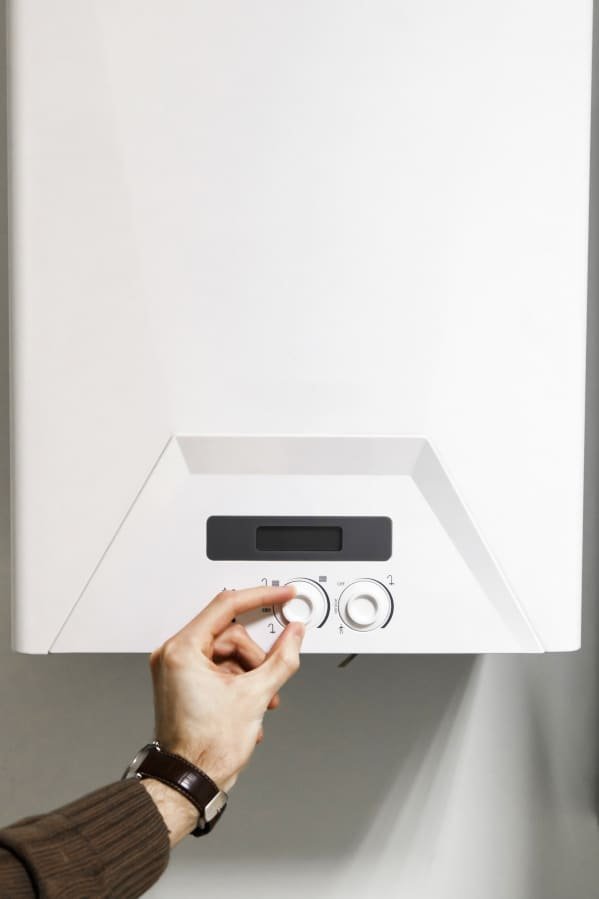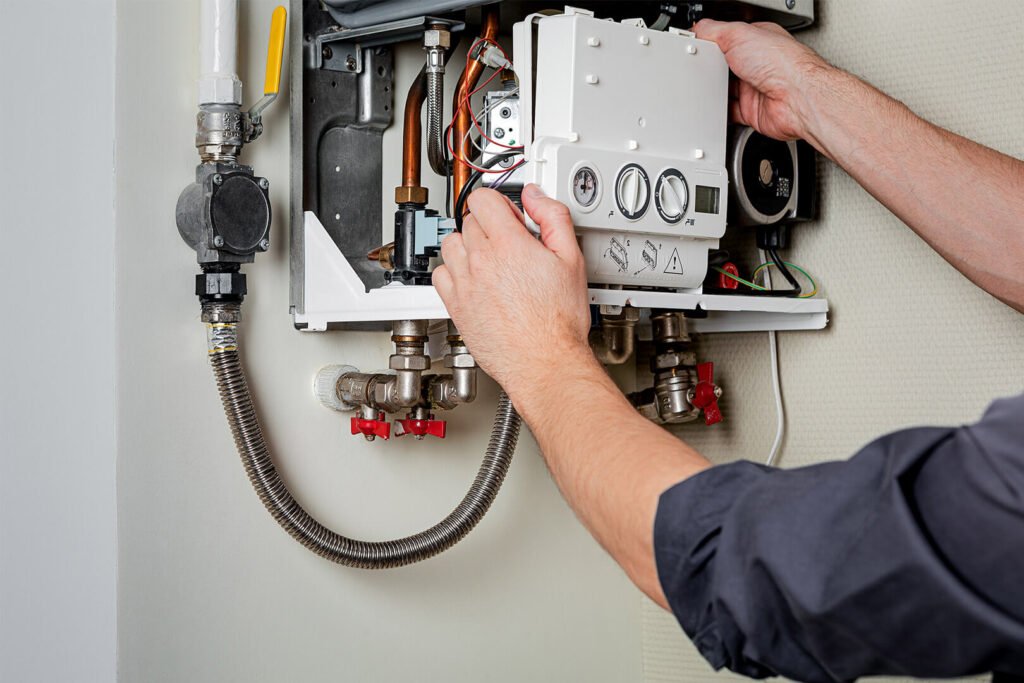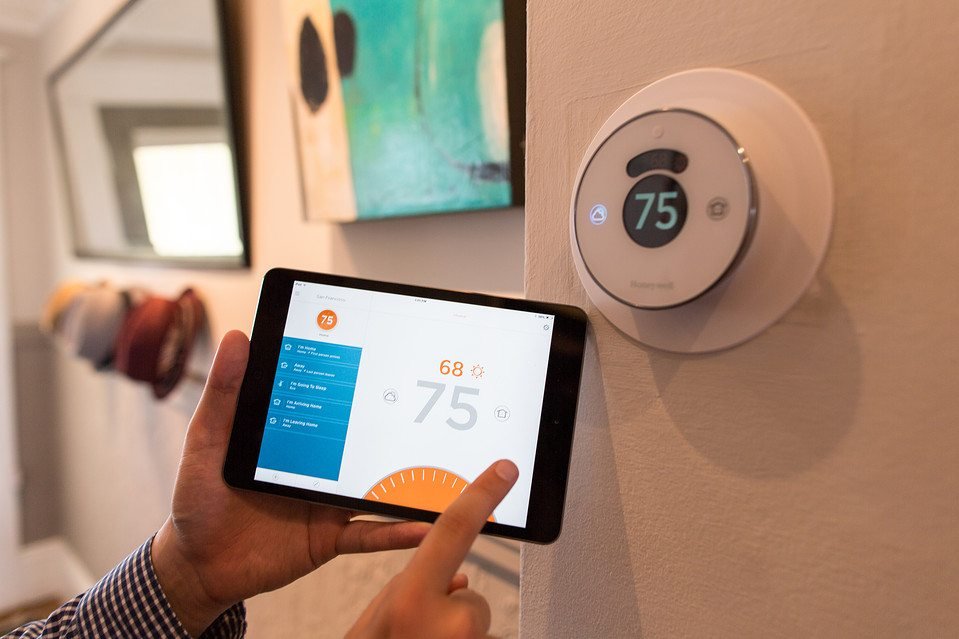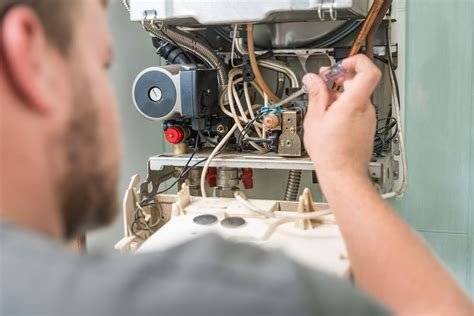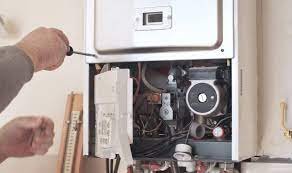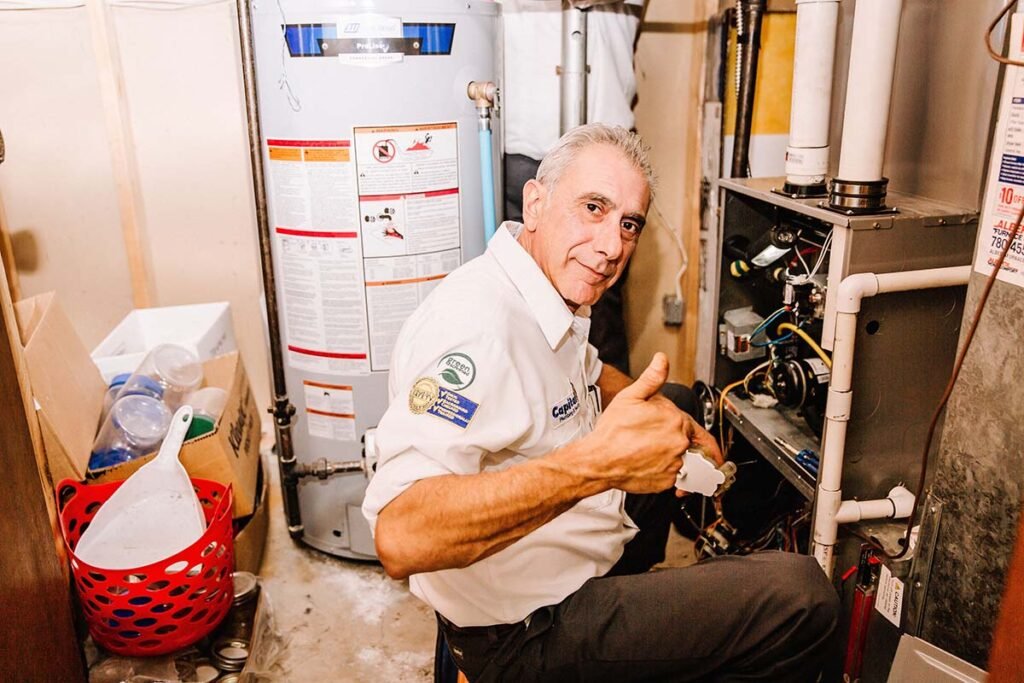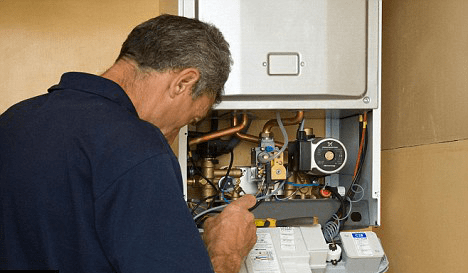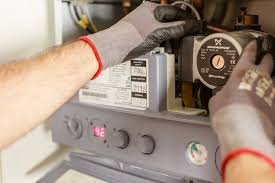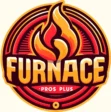Furnace Installation Josephburg - Your Dependable Heating Experts
Furnace Pros Plus is your reputable partner for all your heating needs. With years of experience, we concentrate on providing first-class heating services to keep your home warm and comfy. Our group of knowledgeable specialists commit themselves to providing specialist heating system setup, maintenance, and repair services. We comprehend the significance of a correctly working heater, particularly during the cooler months. We focus on effectiveness, price, and consumer fulfillment in every task (big or small). Whether you require a brand-new heating system, a regular check-up, or emergency repair work, depend on Furnace Pros Plus for reputable and efficient heating services that make sure comfort and comfort.
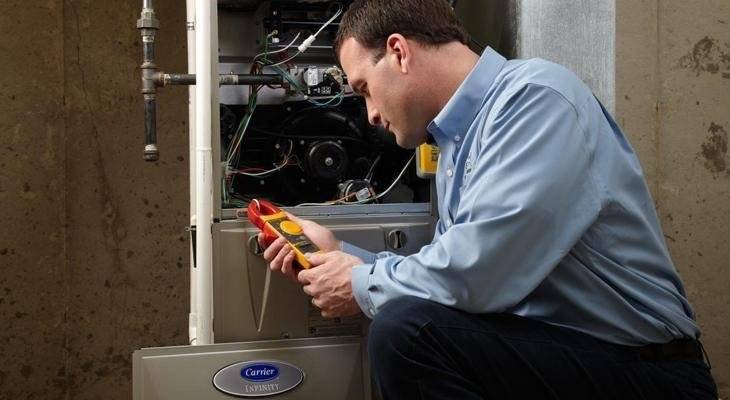
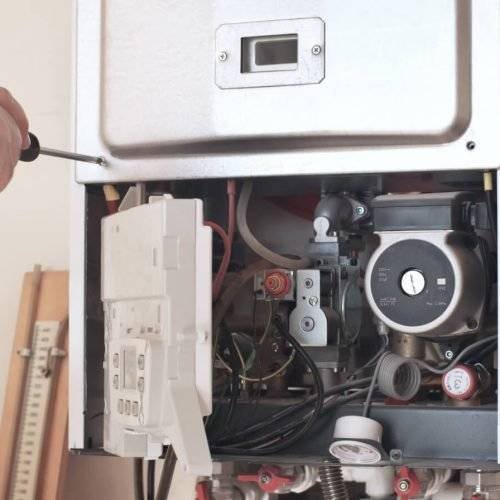
Who Are We?
Residential Heating Replacements and Repairs
At Furnace Pros Plus, we are Josephburg’s premier location for all your residential heating system installations. With a devotion to quality and an enthusiasm for guaranteeing your indoor benefit, we are reputable name in the heating & cooling industry.
Got a heater emergency? Contact us 24/7 at (587) 409-5683
For several years, we have devoted ourselves to using first-class heating system installations, maintenance, and repairs to house owners in Josephburg. Our group of incredibly knowledgeable specialists boasts detailed experience and understanding in handling a wide variety of heating units, making us the go-to experts in Alberta.
Relating to heating system services, we take pride in offering efficient and reputable services, tailoring our services to your particular requirements. If you require a brand-new heater for your residence, our group will guarantee a smooth installation that ensures your home remains comfy and warm.
Routine maintenance is important to the longevity and efficiency of your heater, and we provide comprehensive maintenance strategies to keep your system running smoothly. Our committed specialists carry out detailed evaluations, recognizing and handling any possible concerns without delay.
In times of unanticipated breakdowns, our swift and efficient repair work services are here to save you from the cold. We comprehend the seriousness of heating emergencies and are easily standing by to supply immediate support.
At Furnace Pros Plus, we are more than just a heating company; we are your partners in producing a comfortable and warm environment for your residence in Josephburg. Trust us for remarkable service, quality workmanship, and a devotion to your full fulfillment. Your comfort is our priority, and we anticipate serving you.
How can we help you?
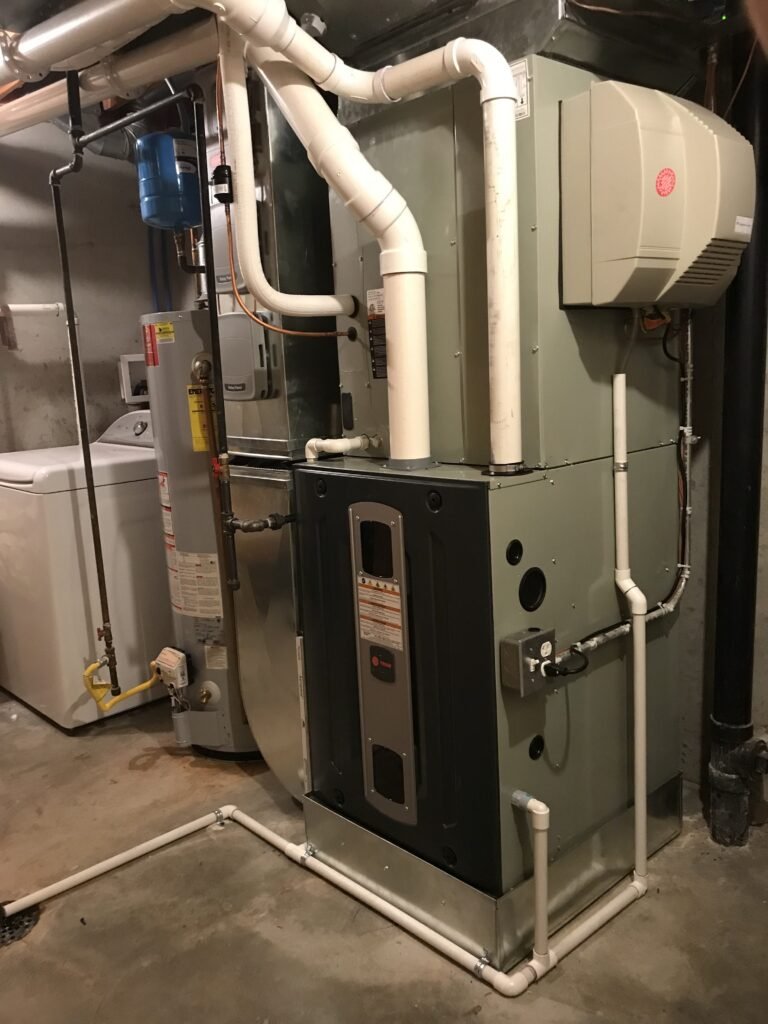
Comprehending the Expense of Installing a Modern Furnace
Introduction
A working heating system is vital when it concerns preserving a comfy and warm home during the cooler months. Nevertheless, there comes a time when setting up a brand-new heating system is unavoidable.
Comprehending the costs involved in this procedure is essential for house owners to plan and budget plan accordingly. This detailed guide checks out the different factors influencing the cost of setting up a brand-new heating system.
Elements Affecting Heater Setup Expenses
Type of Heater:
- Gas Heaters: Popular for their effectiveness, they generally cost more upfront but provide lower operating expense.
- Electric Furnaces: They are more economical than gas furnaces. Nevertheless, electric designs tend to have higher operational costs due to electricity rates.
- Oil Heating systems: These are less typical and can be more costly due to the cost of oil.
Heater Size and Capacity
- Square Footage: The size of your home directly impacts the capacity required for the heating system.
- BTU Ranking: Greater BTU rankings correspond to more powerful furnaces, which can increase the cost.
Performance Scores
Yearly Fuel Utilization Performance (AFUE):
Greater AFUE rankings mean much better effectiveness but likewise come with a greater price.
Brand name and Quality
Top-tier brand names typically command higher rates due to their track record for quality and longevity.
Installation Intricacy
- Existing System: Updating from an old system might require additional work and cost.
- Ductwork: The condition and design of existing ductwork can impact setup intricacy.
- Ease of access: Challenging access to the setup website can increase labour costs.
Labour Expenses
Labour costs vary by area. In addition, the intricacy of the setup can influence labour costs.
Additional Expenses to Think About
- Permits: Some regions require licenses for heating system setup.
- Inspections: City bylaws might require post-installation inspections for security compliance.
- Thermostats: Updating to a clever thermostat can incur additional costs.
Typical Expense of Heater Installation
While rates can vary commonly based upon the factors pointed out above, here are some average cost ranges for heating system setup:
- Gas Heating systems: $2,000 to $5,000.
- Electric Furnaces: $1,000 to $2,500.
- Oil Heating systems: $2,500 to $6,000.
These are rough estimates and can vary based upon specific home requirements.
Cost-Saving Tips.
Research and Compare.
Get numerous quotes from various contractors to make sure competitive prices.
Look For Refunds and Rewards.
Try to find energy effectiveness refunds offered by utility business or government programs.
Think About Long-Term Cost Savings.
Investing in a more efficient heating system can reduce energy expenses gradually.
Conclusion
Setting up a brand-new heating system is a considerable investment, and comprehending the costs included is vital for any property owner. By thinking about the type of heating system, setup intricacy, labour costs, and additional expenses, house owners can much better prepare for this required upgrade. Remember to seek numerous quotes, check out offered refunds, and think about long-lasting energy savings when deciding.
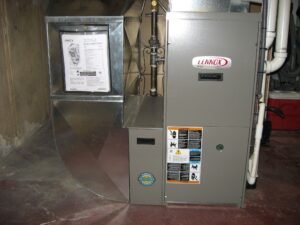
The Right Size Heater for Your Home: A Comprehensive Overview
Introduction
Selecting the right size heating system for your home is essential for ensuring efficient heating and comfort during the cooler months. A heater that’s too small won’t keep your home warm, while one that’s too large can cause unnecessary energy intake and unequal heating. This guide will assist you identify the ideal heating system size for your home.
Comprehending Heater Sizing: BTU and Performance
We measure the size of a heater in British Thermal Systems (BTU). One BTU is the energy required to raise the temperature of one pound of water by one degree Fahrenheit. When selecting a heater, two key factors contribute: the BTU rating, indicating the heating system’s heating capacity, and its effectiveness rating, determined in Yearly Fuel Utilization Performance (AFUE).
Computing Your Home’s Heating Requirements
You need to compute your home’s heating needs to identify the appropriate heating system size. The calculation thinks about factors like square video footage, environment zone, insulation quality, window type, and home design. Typically, you require approximately 30-60 BTUs per square foot. Nevertheless, this differs based upon your home’s specific attributes.
Environment Zone and Its Influence On Heater Size
Your geographical place significantly affects the heating system size required. Residences in cooler regions, such as [place], require more BTUs per square foot than those in milder environments. Speak with a heating expert for specific suggestions.
The Role of Home Insulation in Heater Sizing
Good insulation decreases the quantity of heat loss, suggesting you can go with a smaller heating system. Examine your home’s insulation in the walls, attic, and windows. Updating insulation can be a cost-efficient way to lower heating requirements.
Considerations for Different Types of Heaters
There are different kinds of furnaces, like gas, electric, and oil. Each type has unique sizing factors to consider. Gas furnaces are common and efficient, electric furnaces are more uncomplicated and safer but typically more costly to operate, and contractors set up oil furnaces where gas isn’t offered.
Importance of Expert Heating And Cooling Evaluation
An expert HVAC assessment is important. Specialists think about all variables, consisting of ductwork and home design, to advise the optimal heating system size. They can perform a Manual J calculation, the industry requirement for determining heating and cooling loads.
Energy Performance and Cost-Effectiveness
Selecting a heater with a high AFUE rating is essential for energy effectiveness and cost savings. Modern furnaces have AFUE rankings between 80% and 98%, indicating the portion of fuel converted into heating. While high-efficiency furnaces are more costly upfront, they can cause significant savings in the long run.
Resolving Common Misconceptions About Heater Sizing
A typical mistaken belief is that a bigger heating system is always much better. Nevertheless, an oversized heating system can cause brief biking, where the heating system regularly turns on and off, lowering effectiveness and life-span. Alternatively, an undersized heating system struggles to warm your home sufficiently.
Long-Term Advantages of the Right-Sized Heater
Selecting the right-sized heating system has long-lasting benefits, consisting of constant comfort, lower energy expenses, decreased carbon footprint, and less maintenance concerns. It’s a balance between upfront costs and long-lasting savings.
Summary: Making an Educated Decision
Selecting the right size heating system is a decision that impacts your home’s comfort and energy effectiveness for several years to come. By comprehending the essentials of heating system sizing and seeking expert guidance, you can make an informed decision that guarantees optimal heating for your home.
Remember, the secret to an effective and comfy home depend on selecting the right heating system and regular maintenance and thinking about other factors like insulation and environment. With this detailed guide, you are fully equipped to choose the best heating system for your home, providing heat and comfort for lots of winter seasons.

Replace vs Repair Heater: A Comprehensive Overview
Introduction
Deciding whether to change or fix your heating system is a considerable decision for any property owner. The option impacts your immediate comfort and security and has long-lasting financial implications. This detailed guide will check out different elements to think about, helping you make a notified decision.
Comprehending Your Heater
Life expectancy and Types
Heating systems generally have a lifespan of 15-20 years. The two primary types are gas and electric, each with various maintenance and operational costs.
Indications of Difficulties
Common indications that your heating system might require attention consist of uncommon noises, irregular heating, and increased energy expenses.
When to Think About Fixing Your Heater
Repair is typically the very best option for minor concerns or furnaces that are fairly brand-new and still under service warranty.
Cost-Effectiveness
Fixing can be more cost-effective for minor concerns. Nevertheless, frequent repair work may show a deeper issue.
Environmental Impact
Repairs typically have a lower ecological effect than replacing the entire unit.
When Replacement is the Very Best Choice
You ought to think about replacement if your heating system is near completion of its life-span, repair work are ending up being progressively costly, or if it could be more energy efficient.
Long-lasting Expense Cost Savings
While the preliminary cost is higher, a brand-new heating system can be more energy-efficient, saving you money on energy expenses.
Technological Improvements
Newer designs feature sophisticated technology, such as smart thermostats, which provide much better temperature level control and effectiveness.
Weighing Your Choices
Expense Analysis
Compare the cost of repair work gradually versus the one-time expense of a brand-new heating system.
Energy Performance
Examine how your current heating system’s effectiveness is impacting your energy expenses.
Home Value
Consider how a brand-new heating system may increase the worth of your home, particularly if you prepare to offer in the future.
Professional Suggestions
Looking For Expert Viewpoint
Speak with HVAC specialists to assess the state of your current heating system and get estimates for repair and replacement.
Importance of Routine Upkeep
Routine maintenance can extend the life of your heating system, whether you choose to fix or change it.
Summary
In conclusion, deciding to fix or change your heating system depends on different factors, consisting of age, condition, cost, and energy effectiveness. By thinking about these factors and seeking expert guidance, you can decide that guarantees comfort, security, and financial vigilance for your home.
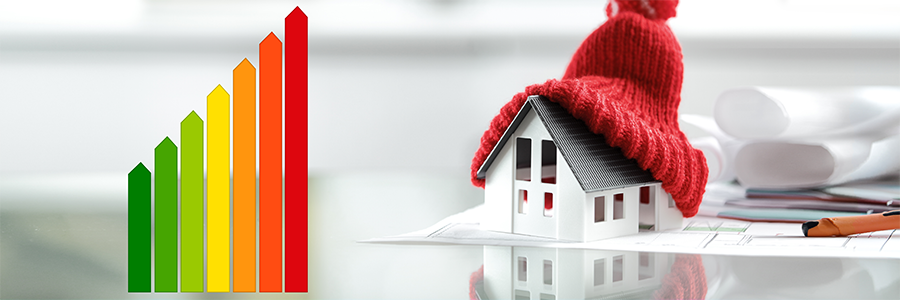
What Time of Year is the Least Expensive to Change The Heater?
Will a Modern Energy-Efficient Heater Reduce Your Residence Insurance?
Introduction
Home maintenance can be a considerable investment, particularly when it includes essential systems like heating. One of the most considerable costs house owners face is replacing their heating system. Nevertheless, timing this replacement can cause significant savings. This post checks out the very best season to change your heating system, thinking about cost-effectiveness and practicality.
Comprehending Heater Replacements
The Need for Replacement
Before delving into timing, it’s important to comprehend why and when you ought to change your heating system. Common indicators consist of frequent repair work, heating ineffectiveness, and the unit’s age (normally beyond 15-20 years). Replacing an out-of-date or malfunctioning heating system improves heating effectiveness and guarantees security and comfort during cooler months.
Elements Affecting Heater Prices
Numerous factors impact heating system rates, consisting of the type of heating system, brand name, capacity, and the intricacy of setup. Seasonal need is another significant element, typically overlooked, yet it plays a vital function in determining the cost.
Best Time for Replacement: Off-Season
Why Pick Off-Season?
The off-season, mainly spring and early fall, is usually the most affordable to change a heater. The need for heating unit is lower during these periods than during the peak cold weather. Lower need typically causes more competitive prices from manufacturers and installers.
Advantages of Off-Season Replacement
- Lower Expenses: Minimized need can cause discounts and more customer working out power.
- Schedule of Technicians: HVAC specialists are less hectic during these times, ensuring more versatile scheduling and quicker setup.
- Sufficient Time for Research: The off-season offers house owners enough time to research study various heating system designs and options without the pressure of immediate need.
Preparation Ahead
Using the off-season requires preparation. Prepare for the need for replacement and schedule it when the need is low. This foresight conserves money and avoids the trouble of a heater breaking down in the middle of winter season.
Winter season: The Peak Season
Difficulties of Winter Replacement
- Greater Prices: The need for heating system setup and repair peaks during winter season, resulting in higher rates.
- Busy Schedules: Discovering a technician might be more difficult, and you may need to wait longer for an appointment.
- Emergency Replacements: If your heating system breaks down in winter season, you may need to go with an immediate replacement, which leaves little space for cost contrast or negotiation.
Other Factors to consider
Energy Performance and Rebates
Investing in energy-efficient designs might be more costly upfront but can cause long-lasting savings. Likewise, watch out for refunds and tax credits offered for energy-efficient home improvements.
Importance of Routine Upkeep
Routine maintenance can extend the life of your heating system, postponing the need for replacement. It’s a necessary aspect of home care that you ought to take notice of.
Summary
Timing your heating system replacement can cause significant savings. The off-season, particularly spring and early fall, is generally the most cost-effective duration for this investment. Preparation, thinking about energy effectiveness, and preserving your current heating system can enhance expenses and make sure a warm, comfy home.
Introduction
House owners typically ponder whether upgrading their home appliances and systems can cause savings on their home insurance coverage premiums. One typical concern is whether setting up a brand-new heating system lowers home insurance coverage costs. This post delves into how a brand-new heating system setup may impact your home insurance coverage, using insights into insurance plan, danger management, and possible savings.
Comprehending Residence Insurance Premiums
Before diving into the specifics of furnaces and insurance coverage, it’s essential to comprehend what factors influence home insurance coverage premiums. Insurance provider assess different factors, consisting of:
- Property Age and Condition: Insurance coverage Representatives view more recent homes with upgraded systems as lower dangers.
- Location: Geographic place and local environment can significantly impact insurance coverage rates.
- Safety Functions: The presence of alarms, smoke detectors, and other security gadgets can reduce premiums.
The Impact of a New Heater on Residence Insurance
Setting up a brand-new heating system in your home can have several implications for your home insurance coverage:
- Minimized Threat of Fire and Gas Leaks: Modern furnaces with sophisticated security functions reduce dangers like fire or gas leaks. This danger reduction can be beneficial in the eyes of insurance coverage companies.
- Improved Energy Performance: Newer furnaces are typically more energy-efficient, resulting in lower utility costs and a minimized ecological footprint, indirectly impacting insurance coverage factors to consider.
- Enhanced Home Value: Updating to a brand-new heating system can increase your home’s market value, which may impact the protection you require.
Potential Insurance Discount Rates
Some insurance companies provide discounts for home improvements that lower danger. These may consist of:
- Protective Device Discounts: You may qualify for a discount if your brand-new heating system includes sophisticated security functions.
- Green Residence Discounts: Some insurers supply unique discounts for setting up energy-efficient home appliances.
Paperwork and Appraisal
To utilize a brand-new heating system setup for insurance coverage benefits, think about the following:
- Professional Setup: Guarantee a licensed expert installs your heating system, which can be a requirement for insurance coverage benefits.
- Keep Records: Keep all receipts and documents for the heating system purchase and setup.
- Notify Your Insurance Company: Notify your insurer about the upgrade. They might require an inspection or additional documents.
Factors to consider Before Updating
While a brand-new heating system can provide benefits, think about the following:
- Expense vs. Advantage Analysis: Assess if the long-lasting savings on insurance coverage and energy expenses justify the preliminary cost of a brand-new heating system.
- Insurance Plan Review: Consult with your insurance coverage agent to comprehend how a brand-new heating system may specifically impact your policy.
Summary
Updating to a brand-new heating system can reduce your home insurance coverage premiums by lowering danger and improving your home’s security and effectiveness. Nevertheless, the effect differs based upon individual insurance plan and the specific functions of the heating system. It’s recommended to speak with your insurance coverage provider to comprehend the full benefits and implications of a brand-new heating system setup.
FAQs
Q: Just how much can I minimize my home insurance coverage by setting up a brand-new heating system?
A: Cost savings vary based upon the insurance coverage provider and the specific functions of the brand-new heating system. Speak with your insurance coverage agent for comprehensive information.
Q: Exist any specific kinds of furnaces that are more beneficial for insurance coverage discounts?
A: Heating systems with sophisticated security functions, high energy effectiveness rankings, and those that satisfy specific ecological standards are typically more beneficial.
How to Prepare for a Furnace Installation
Setting up a brand-new heating system in your home is a considerable investment and a necessary upgrade to your home. It improves the comfort of your home and improves energy effectiveness. Proper setup preparation is essential to make sure the setup procedure is smooth and trouble-free. This post will guide you through the required steps to prepare for a heater setup.
Comprehending Your Heating Requirements
Evaluating Your Space: The first step is to assess the size of your area and comprehend the heating requirements. A too-large or too-small heating system for your home can cause ineffectiveness and higher energy costs. Consulting with a heating expert to identify the right heating system size is important.
Selecting the Right Heater: There are different furnaces, consisting of gas, electric, and oil. Each has advantages and disadvantages; the option depends on your place, budget plan, and personal preference. Research and speak with professionals to make a notified decision.
Pre-Installation Preparation
Selecting a Qualified Installer: We can not overstate the significance of picking a qualified and experienced installer. Try to find specialists with excellent evaluations and correct certification. They will make sure a proper setup and guide you through the procedure.
Clearing the Area: Guarantee the location where you prepare to set up the heating system is clear of any clutter. A tidy location provides easy access to the setup group and accelerate the procedure. Remove any valuable or vulnerable products from the vicinity to prevent accidental damage.
Getting ready for Downtime: Depending upon the intricacy of the setup, your heater might be down for a couple of hours to a day. Strategy accordingly, particularly if the setup is during cooler months.
Throughout Setup
Access to Your Home: Guarantee the installers have easy access to your home, which includes ensuring that parking is offered and a clear course to the heating system place.
Interaction: Stay offered to address any concerns the installers may have. Clear interaction can assist resolve any concerns quickly and ensure your setup goes as planned.
Post-Installation Checks
Examine the Installation: Once the setup is total, check the work with the installer. Guarantee that the setup is total and that the location is tidy.
Comprehending the System: Have the installer discuss the performance of the brand-new heating system, consisting of how to change filters and the fundamental troubleshooting steps.
Warranty and Paperwork: Ensure you get all required documents, consisting of service warranty information and running handbooks. Keep these files in a safe place for future referral.
Conclusion
Getting ready for a heater setup includes comprehending your heating needs, selecting the right heating system, and picking a qualified installer. By following these steps, you can make sure a hassle-free setup procedure and delight in the comfort and effectiveness of your brand-new heater for several years to come. Remember, a little preparation goes a long way in ensuring a smooth and successful heating system setup.
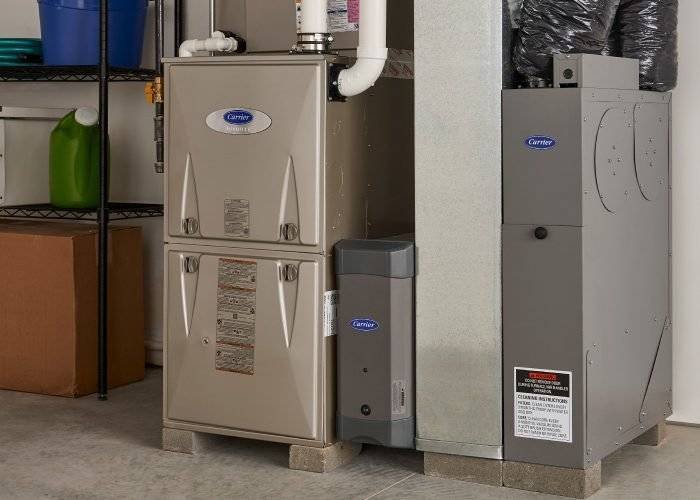
Our Work


